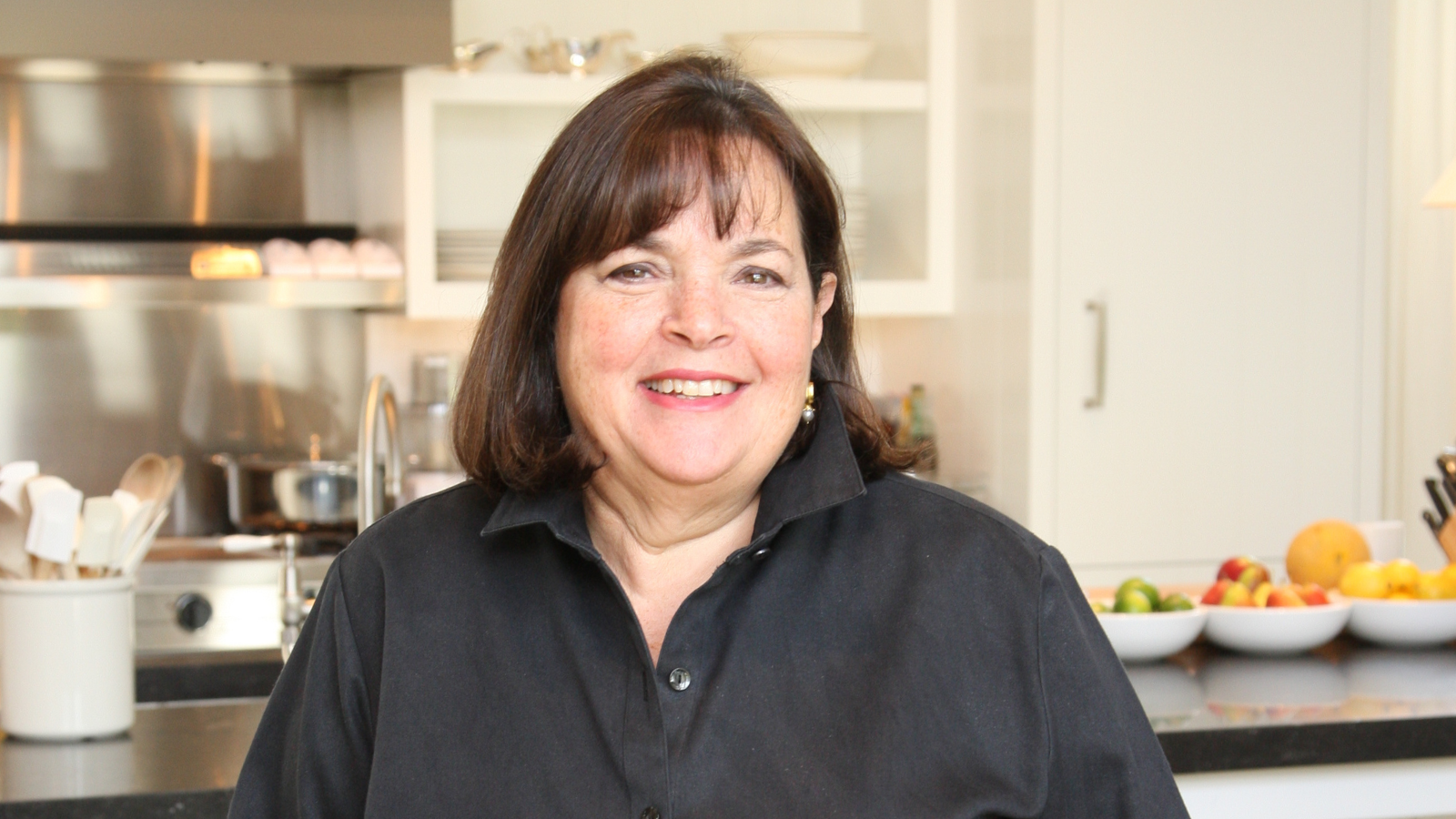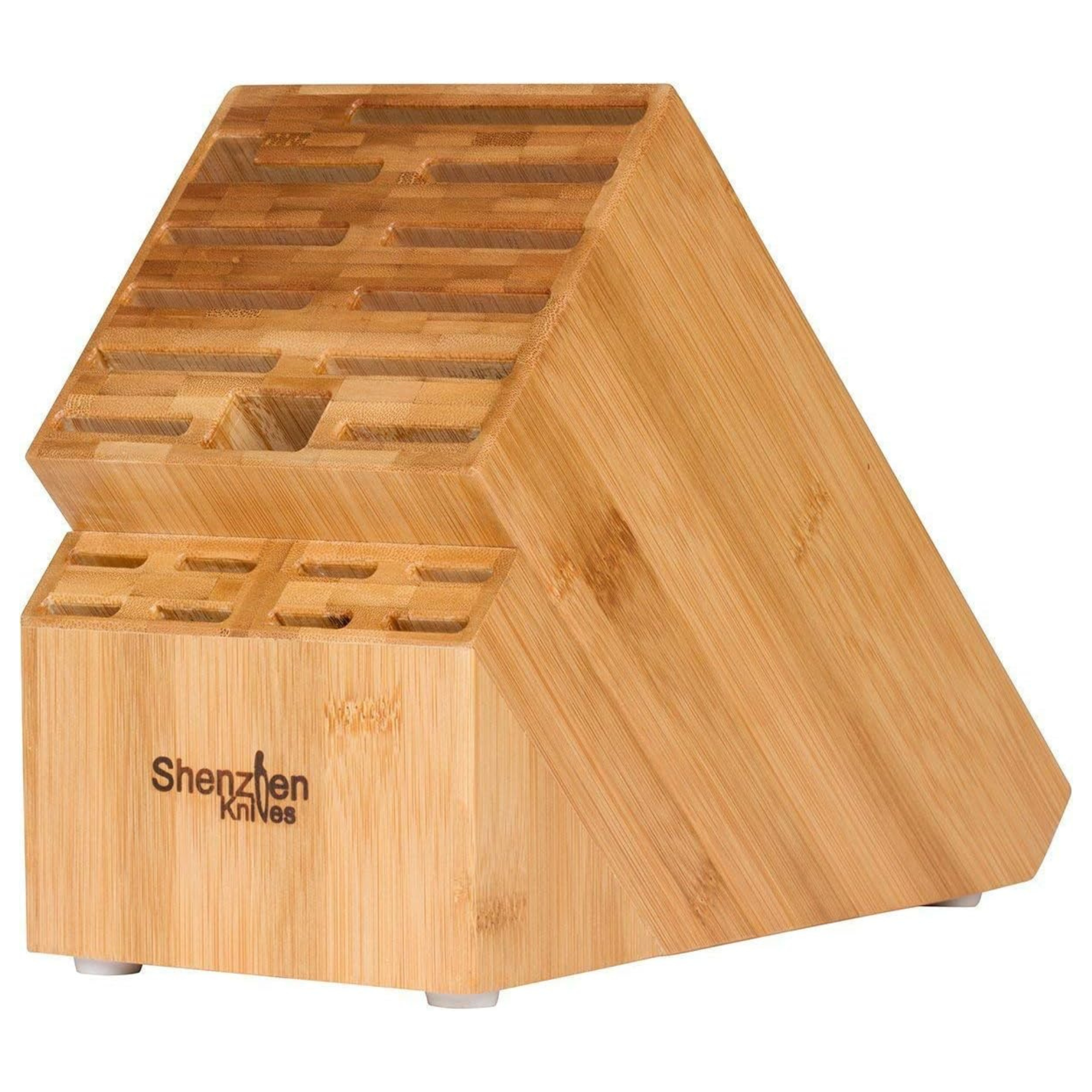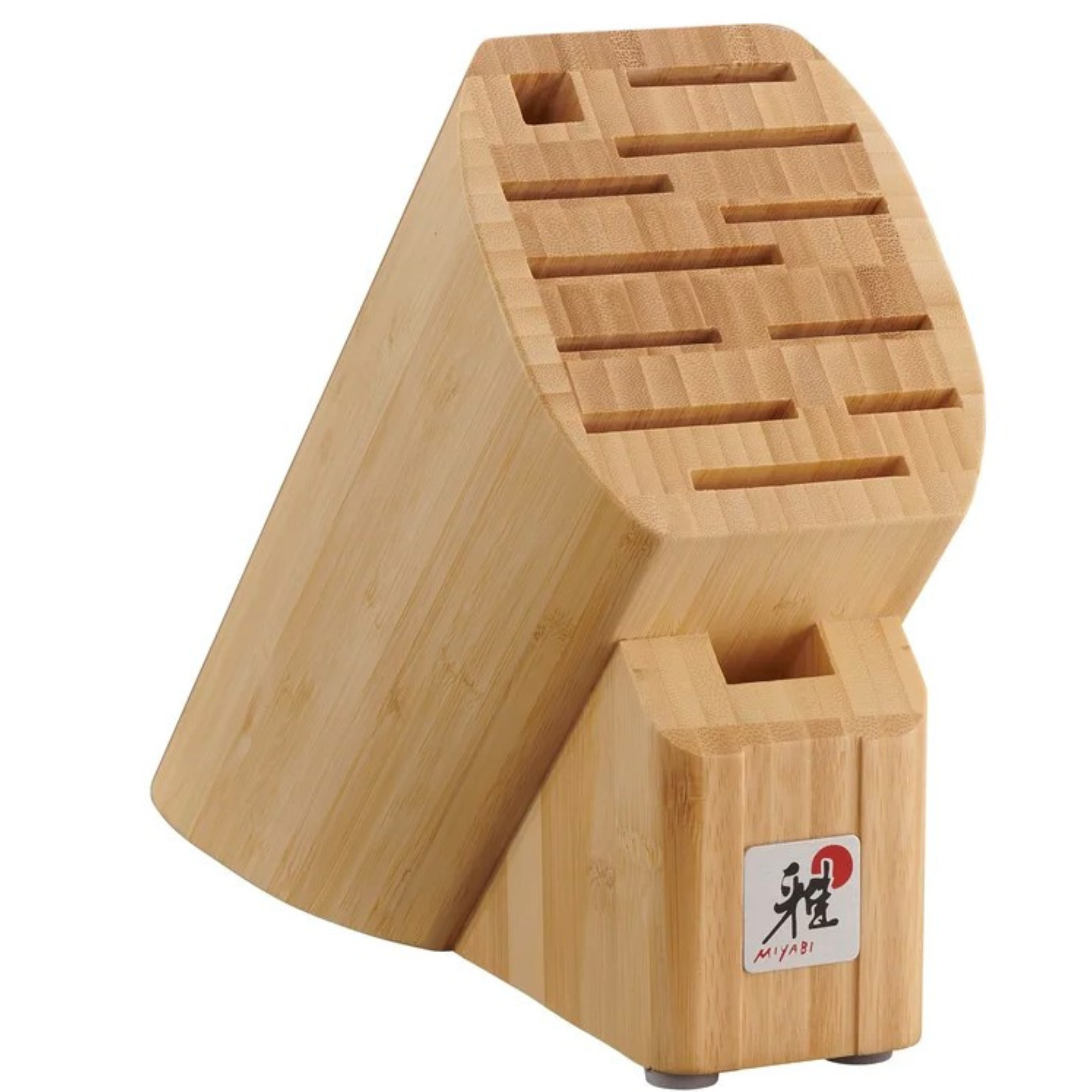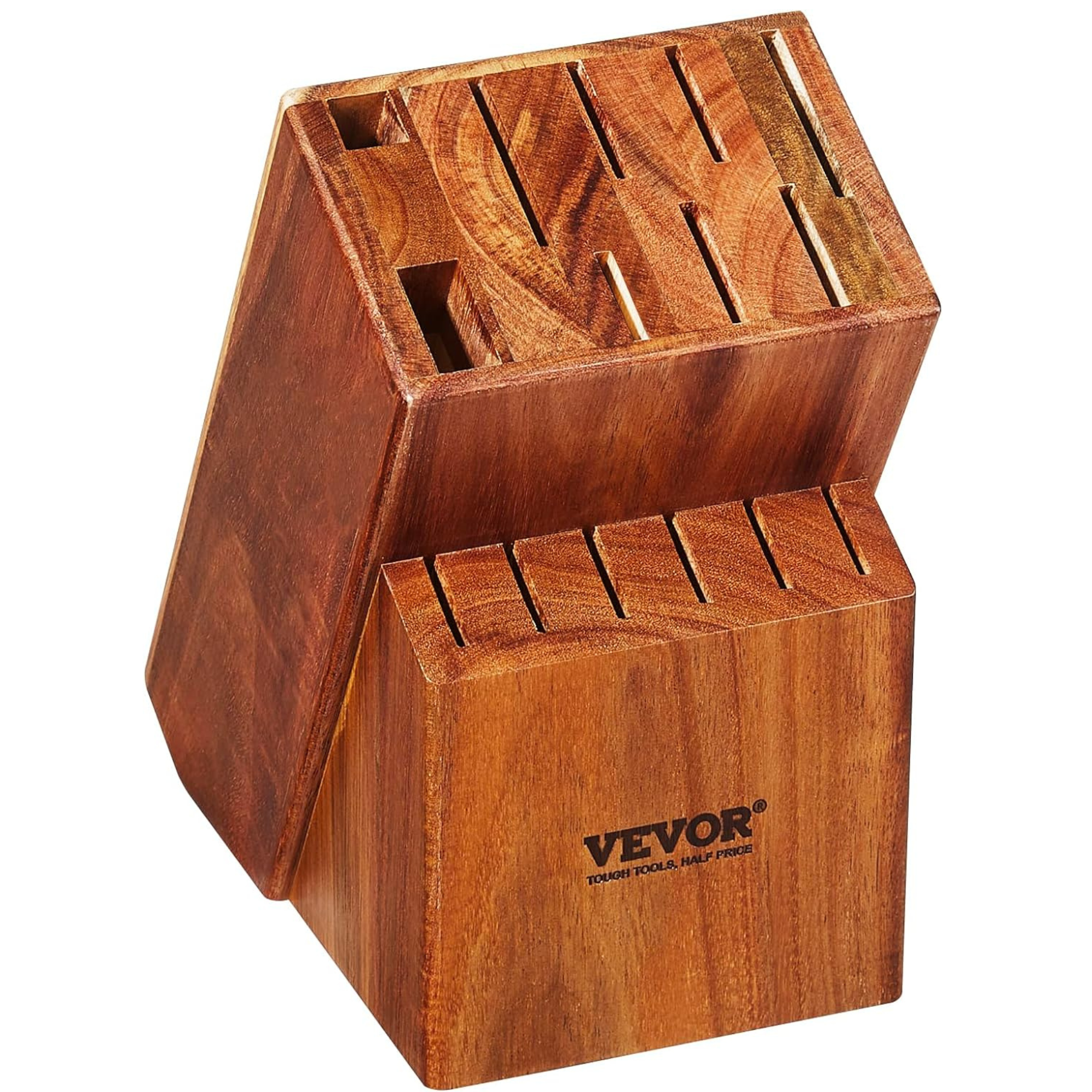Ina Garten's knife storage technique is almost too ingenious (and simple) to believe we haven't followed it before
The Barefoot Contessa has a trick for 'saving the blade,' and we're wondering why it was never common knowledge until now


Knife storage may not be at the top of our kitchen organization priority list, but that doesn't mean we don't welcome any tricks to make preserving these utensils easier.
The most recent tip comes courtesy of Ina Garten, the Barefoot Contessa herself, who is already no stranger to shaping our culinary habits. This time, she's addressed the aforementioned kitchen essentials and how we can store them in a way that won't hinder their life cycle.
'It’s really important to have sharp knives, and I try not to do things that dull them. I chose knife blocks that hold most of the knives sideways. However, for any knives that are held vertically, I have another trick for saving the blade,' Ina says.
'Someone asked me recently why I put my knives in my knife block the way I do it differently. If you put it in the right side, the usual way, as you put it in, the blade is scraping against the wood, and I don’t think it’s good for the blade. I put it in upside down, and I think it saves the blade.'
A post shared by Ina Garten (@inagarten)
A photo posted by on
Yes, it really is that simple. Storing our kitchen knives upside down ensures the blade is not unnecessarily running against the wooden block, which will surely guarantee a sharper blade over time. It's so easy we can't believe we've never seen anyone do the same before.
Understandably, Ina's followers were just as impressed with the technique, but some did raise questions about the cleanliness of a block and how to ensure our knives don't sit in bacteria. 'I don't know for sure, but my guess is that if you clean your knives before they go into the knife block, they won't develop bacteria,' Ina comments.
Joe Authbert, a kitchen utensil expert from ProCook, similarly adds that the wooden nature of chopping blocks makes them a sanitary choice.
Design expertise in your inbox – from inspiring decorating ideas and beautiful celebrity homes to practical gardening advice and shopping round-ups.
'A common misconception when it comes to cleaning wooden kitchenware items is that they are less hygienic than plastic and therefore you may need to use higher temperature to clean them. But this is untrue and, in fact, can even lead to damaging the wood,' Joe comments.
'In contrast, wood is actually far more hygienic as a material thanks to its natural antibacterial properties. With proper care, wooden kitchen items are an environmentally friendly choice that will last for many years.'

Joe Authbert is the buying manager at ProCook. His brand sells extensive ranges of cookware, knives, non-stick bakeware and roasting, kitchen and table accessories in over 50 stores around the UK.
Shop Ina Garten-inspired knife blocks

Megan is the Head of Celebrity Style News at Homes & Gardens, where she leads the celebrity/ news team. She has a history in interior design, travel, and news journalism, having lived and worked in New York, Paris, and, currently, London. Megan has bylines in Livingetc, The Telegraph, and IRK Magazine, and has interviewed the likes of Drew Barrymore, Ayesha Curry, Michelle Keegan, and Tan France, among others. She lives in a London apartment with her antique typewriter and an eclectic espresso cup collection, and dreams of a Kelly Wearstler-designed home.


